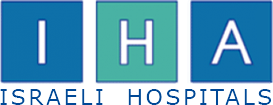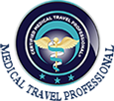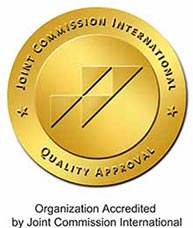
Neurosurgery at Rambam Hospital
The Department of Neurosurgery at Rambam Medical Center engages in the treatment of diseases that affect the nervous system and require surgical intervention. These diseases include tumors of the brain and the spinal cord, spine tumors, and congenital and acquired defects of the nervous system (Hydrocephalus) and of blood vessels in the brain, as well as craniocerebral trauma.
The Department of Neurosurgery at Rambam Medical Center leads in Israel in the accumulated experience of its staff in the treatment of tumors of the spine, benign and malignant brain tumors, brain defects, and degenerative diseases of the spine.
The department successfully treats craniocerebral injuries, both through surgery and through resuscitation services. It was specifically here at Rambam that, for the first time, the FVIIa blood coagulation factor was used to stop bleeding during craniocerebral trauma.
The Department of Neurosurgery at Rambam employs high-tech equipment, which allows the department to perform highly complex operations. For example, the department employs the advanced technique of ultrasound intraoperative navigation, ensuring maximum accuracy in the removal of neoplasms from the nervous system. 5-ALK fluorescence methods are utilized by the department to detect brain tumors.
New technologies and devices utilized by Rambam’s neurosurgery department
- Robotic Visualization System® - KINEVO® 900 by ZEISS which is designed to have more functionalities than any other surgical microscope today. It combines optical and digital visualization modalities and offers a unique system for surgeon-controlled robotics.
- StealthStation ™ S8 surgical navigation system which allows surgeons to precisely track the location of surgical instruments throughout a procedure.
- ALA - 5 fluorescence for intraoperative tumor visualization which considerably improves the resection of high-grade gliomas.
- Local drug delivery techniques such as the application of the chemo-biodegradable polymer Gliadel for recurrent gliomas.
- Linear accelerator (LINAC or CyberKnife) to treat cancerous and noncancerous abnormalities.
- OPTUNE wearable device by Novocure which administers low-intensity, wave-like electric fields to slow down or stop glioblastoma cancer cells from dividing, and destroys the cancer without disrupting healthy, resting cells.
Neurosurgery Department Units
- The Resuscitative Neurosurgery Service, where the entire range of neurosurgical interventions are performed, including the most complicated operations to the base of the skull. The Resuscitative Neurosurgery Service has 11 hospitalization beds at its disposal.
- The Neurophysiological Laboratory, which allows for detailed neurophysiological intraoperative monitoring.
- The Endovascular Service, which engages in the treatment of the disease of blood vessels in the brain.
- The Tremor Treatment Clinic, which is the first clinic in Israel and the second in the world to conduct high-precision, non-invasive intracerebral intervention through the use of ultrasonic waves under the control of MRI.
- The Pediatric Neurological Service.
Surgical Procedures at the Neurosurgery Department
- Craniotomy
- V-P SHUNT
- Epiduroscopy
- Implementation of electrodes connected to a neurostimulator (Deep Brain Stimulation)
- Epilepsy surgery
- Brain biopsy
- Surgeries on spinal cord
- Stereotactic surgeries
- Surgeries on brain stem lesions
- Endovascular surgeries
- Oncological surgeries (Intra Axial metastasis)
Prof. Moni Benifla, pediatric neurosurgeon: "About 70% of children with brain tumors can get well if treated correctly"
Conditions Treated at the Neurosurgery Department
Tumors of the brain
- Meningioma treatment
- Astrocytoma
- Glioblastoma
- Pituitary Adenoma
Tumors of the brain in children
- Medulloblastoma
- Astrocytoma
- Ependymoma
- Craniopharyngioma
- Neurinoma
Other diseases
- Hemangioma of the brain
- Cysts of the brain and spinal cord
- High intracranial pressure
- Hydrocephalus
- Arteriovenous malformation
- Unique tumor treatment methodology
- Cavernoma
- Spasticity
Leading specialists
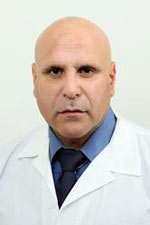
Director, Skull Base and Pituitary Surgery, The Head and Neck Center
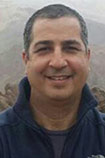
Specialization: Neurosurgery, pediatric surgery
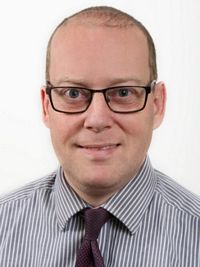
Department of Neurosurgery
Use the form below to obtain an estimated cost of diagnostics and treatment at Rambam Hospital.
We will prepare a treatment proposal for your condition.

